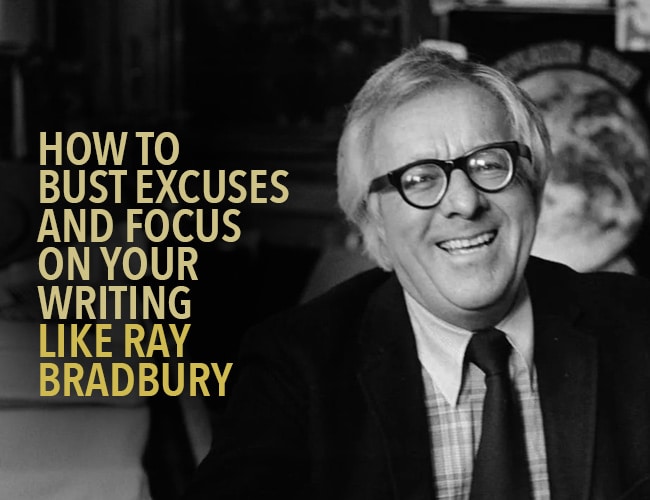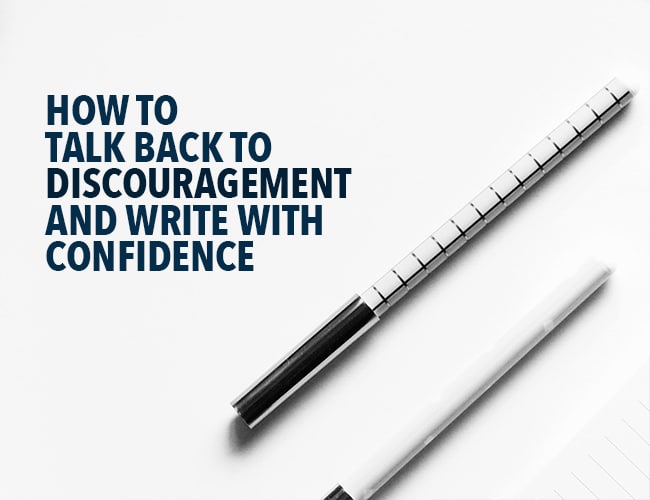
by Sue Weems |
We’re on the verge of summer, and that means I’m attending graduations (including my oldest son’s). Whether you are attending one for a friend or family member or yourself, commencement ceremonies are a great place for inspiration and one other thing: cliché-hunting.
Clichés are overused phrases or metaphors that weaken our writing. As writers, we want to hunt down, drag out, and kill clichés in our writing. (I know, the killing metaphor is also probably cliché. I’m still working on it.) Here are some ideas for how to avoid clichés in our writing.

by Sue Weems |
Recently, I found myself dreading my scheduled writing time. I was bored with my book, tired of the grind, and angry that my revision was taking so long. I had lost my writing joy. Is it time to abandon a book or project once you lose your joy? Or is there a way to recalibrate and find the fun in your project and the joy of writing again?

by Sue Weems |
Fill in the blank: I can’t finish my draft because _______. Are you sure that is what is holding you back?
This is one of the busiest months of the year for me. I’m usually disciplined, but there are some especially busy seasons when writing is hard to prioritize. As one of my classes began reading Fahrenheit 451 this month, I remembered a letter Ray Bradbury sent to a librarian about how he wrote the novel. It was just what I needed to get back to finishing my book.

by Sue Weems |
Writers hear the words “No thanks” often. Whether you’ve submitted a story for a contest or a literary magazine or you’ve sent out query letters to agents, you know that sting when the results are published and your name isn’t on the list, or the sinking feeling when you get another reply from an agent, “Sorry, going to pass this time.”
Publishing is fraught with rejection. What if we could stop being afraid of it and instead plan for it as a natural part of our process? Hearing “No” doesn’t have to derail us when we have a plan.




